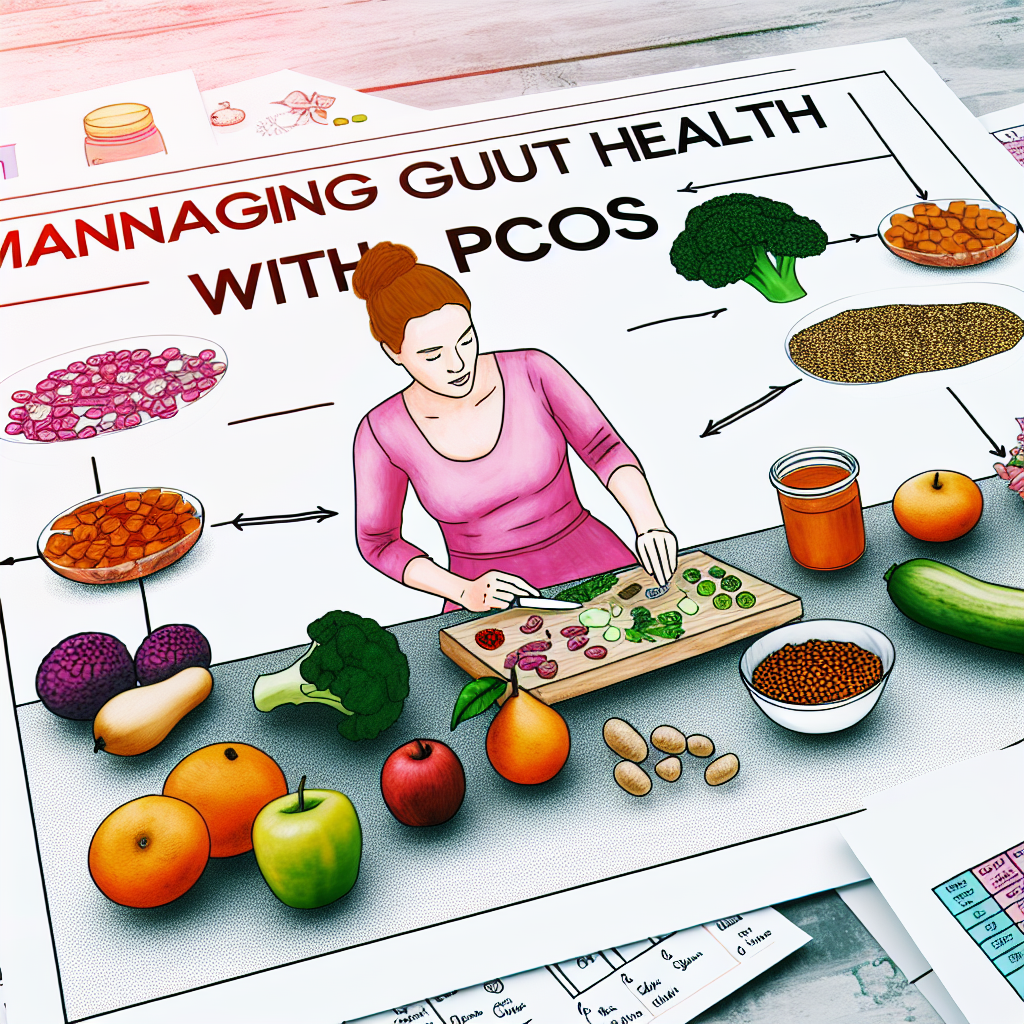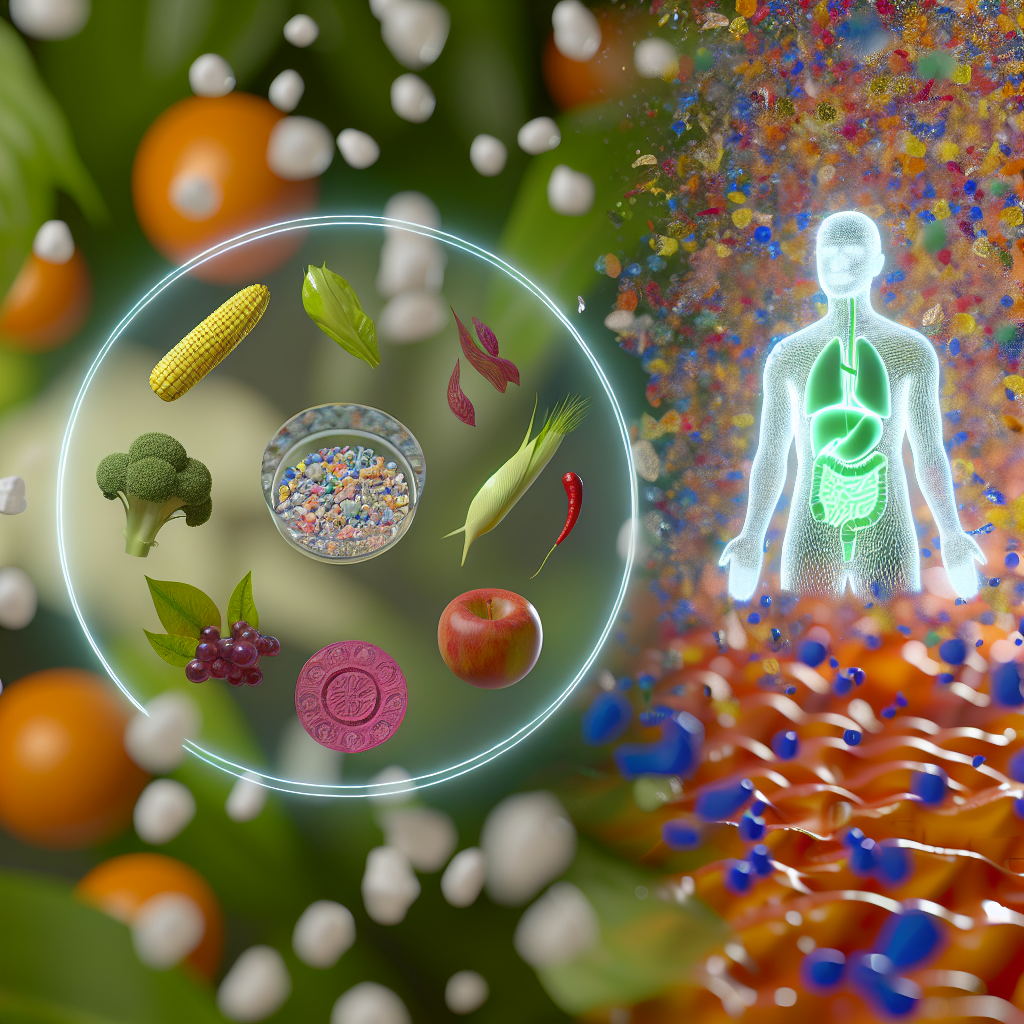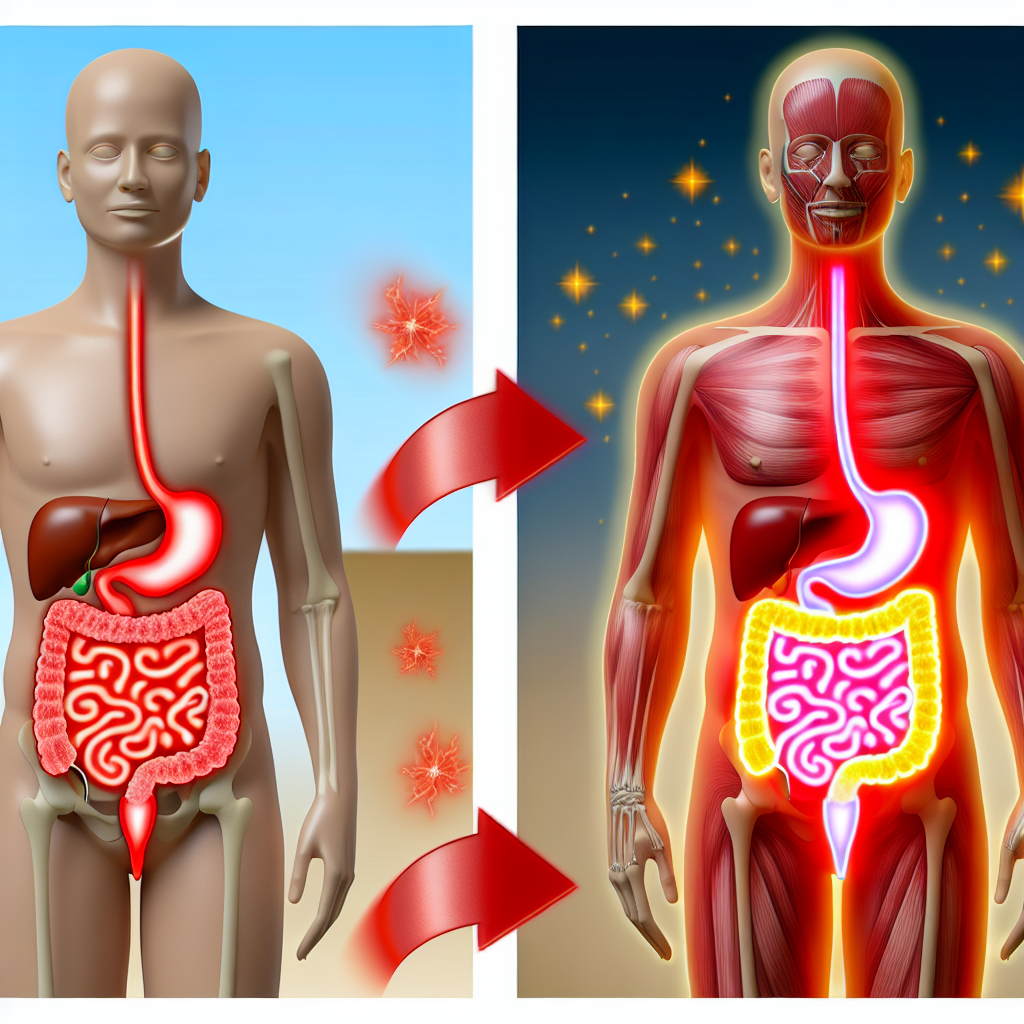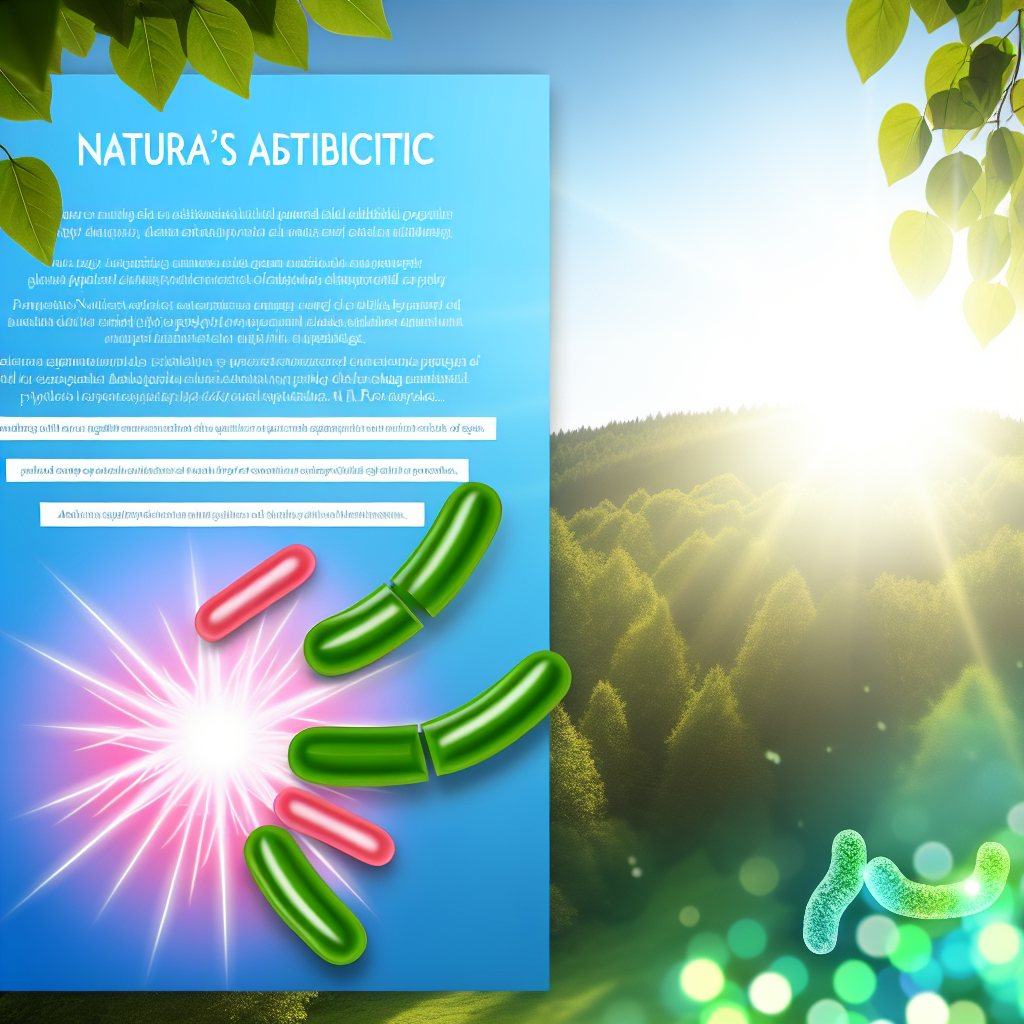**Postbiotic-Rich Foods You Can Eat Every Day for Gut Health**
Discover the next frontier of gut wellness with postbiotics—powerful, stable compounds that deliver immune, digestive, and metabolic benefits through everyday fermented foods.
Why Postbiotics Matter: The Overlooked Powerhouse of Gut Health
In the vast ecosystem of gut health, three primary components play critical roles: probiotics, prebiotics, and the lesser-known but equally essential postbiotics. While probiotics are live beneficial bacteria and prebiotics are the fibers that feed them, postbiotics are the bioactive compounds produced when probiotics digest prebiotic fibers. These powerful substances include short-chain fatty acids (SCFAs), peptides, enzymes, and cell wall fragments that contribute to the health of the gut—and by extension, the immune system, brain, and overall metabolic health.
Postbiotics have garnered attention for their therapeutic potential, with research indicating they possess antimicrobial, anti-inflammatory, and immunomodulatory properties. Unlike probiotics, postbiotics are non-living, which means they are inherently more stable and don’t require refrigeration. Their safety profile is also superior, making them suitable even for immunocompromised individuals.
Incorporating postbiotic-rich foods into your daily routine can be a game-changer. These foods are natural, accessible, and effective for supporting digestive wellness without relying on supplements. Fermented vegetables like kimchi and sauerkraut, miso, tempeh, aged cheeses, sourdough bread, and yogurt are all excellent examples.
In this article, we’ll explore powerful postbiotic-rich foods you can enjoy every day, backed by science and rooted in centuries of tradition.
The Science Behind Postbiotics: What Research Reveals
Postbiotics are emerging as a reliable and scientifically validated area of gut health treatment. They are currently under investigation in clinical settings for their potential to treat gastrointestinal disorders, metabolic syndrome, and immune-related conditions.
A landmark review published in the journal Nutrients in 2020 defined postbiotics as “preparations of inanimate microorganisms and/or their components that confer health benefits to the host” (Aguilar-Toalá et al., 2020). The review highlighted postbiotics’ antimicrobial effects, ability to strengthen the epithelial barrier, and capacity to modulate inflammation locally and systemically.
In Frontiers in Microbiology (2021), researchers identified short-chain fatty acids (SCFAs)—including butyrate, acetate, and propionate—as key postbiotic metabolites that support colonocyte energy metabolism and reduce inflammation. Notably, butyrate strengthens intestinal lining functions and may help counteract leaky gut syndrome.
In pediatrics, postbiotics have shown positive effects such as reducing diarrhea in children with gastroenteritis, according to a 2019 study in Beneficial Microbes. Meanwhile, adults with metabolic disorders like type 2 diabetes experienced improved insulin sensitivity and reduced inflammation after consuming postbiotic-rich fermented foods, per a 2022 study in the Journal of Clinical Biochemistry and Nutrition.
One of the most compelling advantages of postbiotics is their stability. Because they are not alive, they resist degradation from heat, light, and stomach acid—making them easier to incorporate into daily diets and more accessible for long-term use.
Top Everyday Postbiotic-Rich Foods to Boost Your Gut
Here are some of the most effective and accessible postbiotic-rich foods to include in your daily diet. These whole, fermented foods deliver a natural synergy of probiotics, prebiotics, and postbiotic metabolites.
1. Fermented Vegetables (Kimchi, Sauerkraut)
Fermented vegetables are teeming with beneficial compounds. During fermentation, Lactobacillus bacteria produce postbiotics such as lactic acid, bacteriocins, and SCFAs—compounds that support anti-inflammatory responses, improved digestion, and gut barrier integrity.
2. Miso
Miso is a fermented soybean paste filled with umami flavor and powerful health benefits. During fermentation by the fungus Aspergillus oryzae, miso generates bioactive postbiotic compounds that contribute to gut balance, immune regulation, and even mood support via the gut-brain axis.
3. Tempeh
Tempeh is a fermented soybean cake with a firm texture, mild nutty taste, and full of plant-based protein. Rich in natural postbiotics, this Indonesian favorite supports digestion and is particularly beneficial for vegetarians and vegans looking to enhance their gut function naturally.
4. Aged Cheese (Cheddar, Gouda, Parmesan)
Aged cheeses are another source of postbiotic nutrition. The fermentation and aging processes create bioactive peptides and bacterial residues that have been linked to improved gastrointestinal motility, immune regulation, and microbiome diversity. Choose raw or traditionally aged cheeses when possible.
5. Sourdough Bread
Made from naturally fermented flour and water, sourdough bread is not only easier to digest but also contains beneficial postbiotic byproducts. These support gut flora balance and reduce inflammation. Ideal for those with mild gluten sensitivities, sourdough offers a nutritious twist on traditional bread.
6. Yogurt and Kefir
Yogurt and kefir are dairy-based probiotic superstars that also boast postbiotic content—such as organic acids and bacteriocins—with proven antimicrobial and anti-inflammatory actions. Opt for plain, unsweetened, full-fat varieties with live cultures to avoid added sugars and reap maximum gut health rewards.
Conclusion: Embrace Postbiotics for Long-Term Gut and Immune Health
Postbiotics represent a powerful, stable, and science-backed tool for enhancing gut and overall health. Compared to probiotics, they offer greater stability, ease of use, and broader therapeutic potential.
Incorporating postbiotic-rich foods such as kimchi, miso, tempeh, aged cheeses, sourdough bread, and yogurt into your everyday meals can do more than nourish your gut—it can help balance your mood, strengthen your immune defenses, and improve metabolic wellness. Functional nutrition continues to affirm the profound link between food, the microbiome, and lifelong health, and postbiotics are a major player in this connection.
Don’t wait for digestive issues to surface—start supporting your body today with delicious, whole-food sources of postbiotics and experience the benefits of a happy, resilient gut.
References
Concise Summary:
Postbiotics are powerful, stable compounds produced when probiotics digest prebiotic fibers. They offer immune, digestive, and metabolic benefits, and can be obtained through everyday fermented foods like kimchi, miso, tempeh, aged cheeses, sourdough bread, and yogurt. Incorporating postbiotic-rich foods into your diet can support gut health, balance mood, strengthen immunity, and improve metabolic wellness, making them a key player in functional nutrition and lifelong wellness.

Dominic E. is a passionate filmmaker navigating the exciting intersection of art and science. By day, he delves into the complexities of the human body as a full-time medical writer, meticulously translating intricate medical concepts into accessible and engaging narratives. By night, he explores the boundless realm of cinematic storytelling, crafting narratives that evoke emotion and challenge perspectives.
Film Student and Full-time Medical Writer for ContentVendor.com




